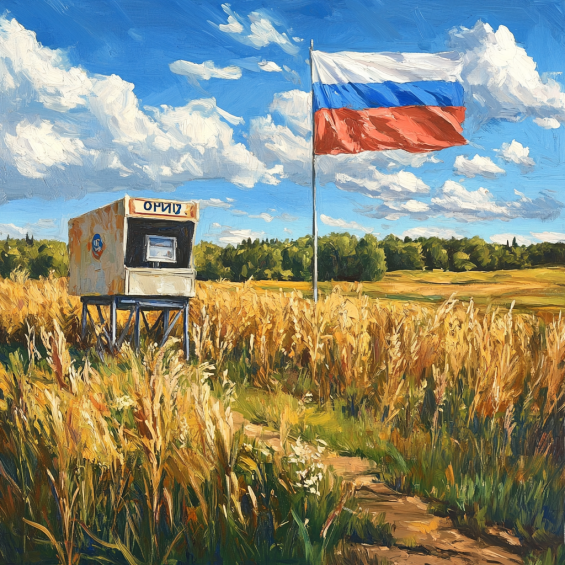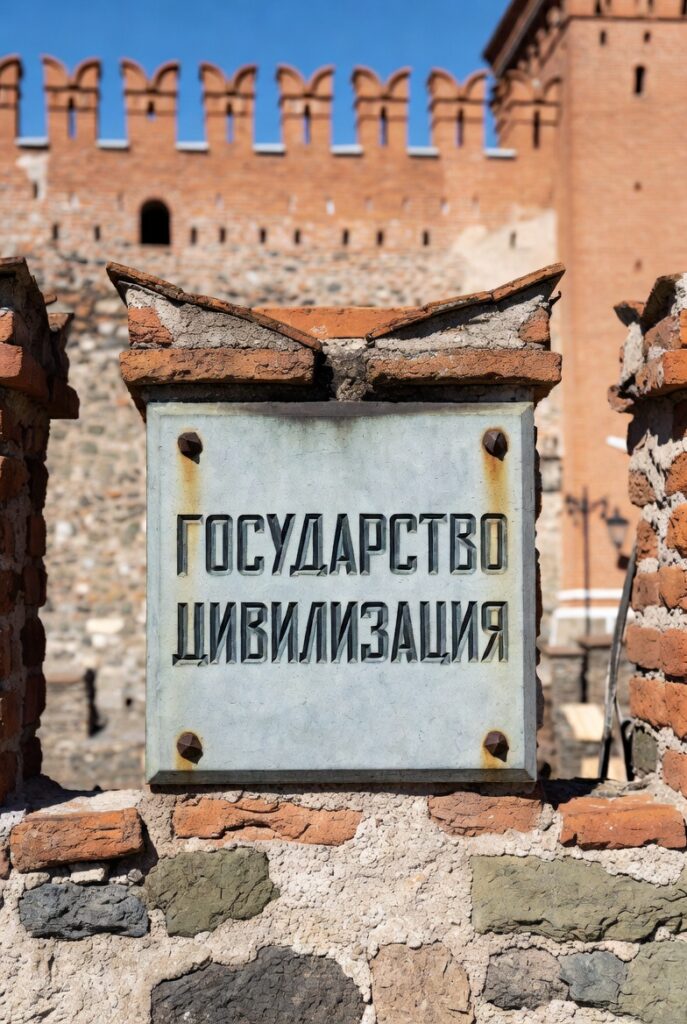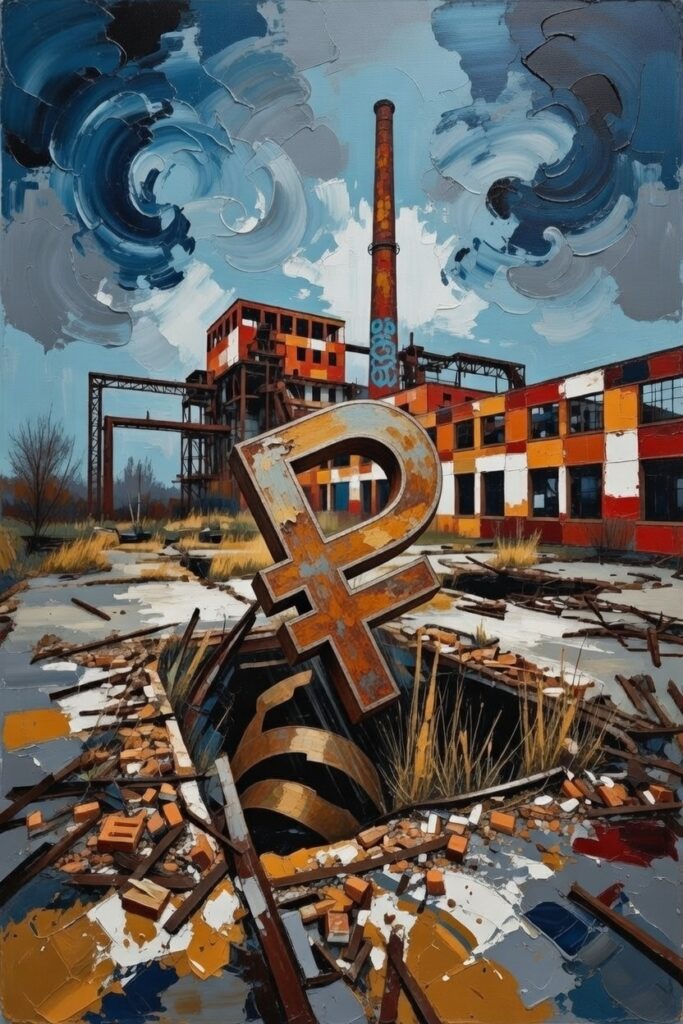The elections in the Russian regions did not bring any surprises. All gubernatorial candidates supported by the authorities won their campaigns, and according to the official results, most of them managed to get about 80% of the votes. Only in one of the twelve regions where voters had to vote for the lists of candidates — in the Khabarovsk Territory — did the «United Russia» party receive less than 50% of the votes. In Tyva, the ruling party set an absolute record, winning 80.2% of the vote, according to the election commission. In other regions, the overwhelming presence of the «United Russia» party was ensured by the victories of its candidates in single-mandate districts. In the Moscow City Duma, where elections were held on a majoritarian basis, the «United Russia» party won in 38 out of 45 districts (which also amounted to 80% of votes). Apparently, in elections at various levels, the 80% benchmark is becoming the «gold standard» for government candidates. It can be achieved in different ways: purely through lists of candidates or in combination with single-mandate districts. But the guidelines delivered by the presidential administration and the «United Russia» party look clear and understandable enough. Experts who cooperate with the presidential administration have already called getting 80% of the seats in the State Duma in the 2026 elections a «framework» for the «United Russia» party.
Russia’s political system, dominated by the Kremlin’s political bloc, and the political bloc itself have long operated in the mode of setting records time after time after time. Vladimir Putin is breaking his own records in the presidential elections, and the vote on constitutional amendments, which according to Russia’s Central Election Committee had 77.92% support was expected to surpass the 1993 referendum on the Constitution (at the time, 58.43% of Russians voted in its favor). Now, United Russia members are unanimously gushing about a new surge in «pro-Kremlin» votes and record-breaking turnout. This constant drive to outperform and exceed the plan resembles the structure of the Soviet economy or corporate practices familiar to the head of the Kremlin’s political bloc, Sergey Kiriyenko. In Soviet times, each new five-year plan had to beat the performance and records of the previous one, while today every company tries to improve its performance every year. The political system under Kiriyenko also began to operate in six-year presidential and five-year parliamentary terms.
However, as in Soviet times, records are now set only by quantitative indicators. Just as milk yields, tons of threshed grain and production units constantly grew during the Soviet era, now the growth is based on the percentages of votes received by pro-Kremlin candidates, and after they had almost reached the maximum, the presidential administration began to worry about the turnout. These records are ensured by purely technological and even technical methods, including total mobilization of public sector employees and employees of companies loyal to the government, electronic voting, as well as direct falsifications. In Soviet times, quantitative records were accompanied by a catastrophic loss of product quality (hence the Soviet cult of and obsession with imported goods), record harvests rotted in warehouses due to poor logistics, and store shelves were empty. The economy that had broken quantitative records on paper was in practice coming apart at the seams, and this was the main reason for the collapse of the Soviet Union.
The quantitative records broken by Kiriyenko’s political bloc in no way indicate the quality of support for the Putin regime. Of course, the president and the ruling party have supporters, but what is their real share in the record numbers, which are made up of the real existing support group, those who vote by coercion and direct falsification? Most likely, when the determination of the Kremlin’s political bloc to set new numerical records seriously diverges from the real figures of support for the president and the «United Russia» party, the system that «yields» the desired figures will begin to fail. This has already happened in St. Petersburg. The incumbent head of the city, Alexander Beglov, who enjoyed an absolutely favorable conjuncture (his sparring partners put forward initiatives that were clearly not appealing to the electorate), the presence of administrative resources and a rich tradition of falsification in the region, was only able to get 59.8% of the vote. Therefore, the collapse of Putin’s political system, which has switched to achieving numerical records at the expense of the quality of support, is becoming more and more likely, following the scenario of the collapse of the USSR economy, which was focused on exactly the same thing.
The new elite faces a glass ceiling
This year Vladimir Putin has been referring to the participants in the war with Ukraine as Russia’s «new elite»; earlier he had met with the military more than once and mentioned his constant conversations with them. The president’s subordinates quickly recognized the trend: the Kremlin’s political bloc launched a «Time of Heroes» program for war veterans, and the «United Russia» party announced that it would give them preferential nomination as deputies in regional elections. Following the results of the regional campaign, Vladimir Yakushev, secretary of the «United Russia» General Council, said that just over 300 military men had received mandates. The number looks impressive, however, during the single day of voting a total of about 35 thousand mandates of deputies of various levels — from the State Duma to councils of rural settlements — were distributed. Three hundred seats for the military in such a number is a drop in the ocean, or less than 1% in numerical terms. At the same time, the level of representation is low — mostly municipal deputies, who have little influence in Russia and do not receive salaries. There is not a single military member among the deputies elected in the State Duma by-elections, and there are only a few military personnel among the new members of the regional assemblies. The election results have confirmed that the system is not ready to accept new people into its ranks, let alone into its upper echelons, solely because they have participated in the war against Ukraine. Career lifts have long served only «their own kind»: members and protégés of elite groups. It’s the domain where the principle of «No trespassing» or «Unauthorized persons not admitted» applies, even if they are professionals in their field. Besides, the power vertical does not need people whose competence is limited to war and military affairs.
It is not only the election results that show this. The newspaper Vedomosti reported that the Kremlin’s own equivalent of the Soviet Pioneer Movement (Movement of the First) will be headed by Major Artur Orlov, a career military officer who participated in the Russian army’s combat operations in Syria and Ukraine. The members of the movement are unlikely to fare well after such an appointment. At the same time, the authorities are trying to encourage all Russian schoolchildren to join the movement. Orlov, who has neither pedagogical nor managerial experience, will at best serve as the movement’s «talking head,» and at worst will begin to introduce army practices into the movement.
However, this appointment shows us what positions the system is willing to cede to the army men. Influence in the power vertical is measured in money and authority. The powers and influence of the leader of a pro-Kremlin children’s movement are limited within the movement itself. Everything else must be coordinated with its direct leadership — in this case, with Rosmolodezh and the political bloc of the presidential administration, as well as with the leadership of the welfare ministries. The budgets of these new «pioneers» are also relatively small: they spend about 20 billion rubles a year, which is about a third of the budget of an average Russian region. Youth policy has always been on the periphery of the attention of the power vertical: political heavyweights are not really interested or invested in it. And yet, at the federal level, the power vertical was not even ready to give the position of Rosmolodezh director to an army officer as it was to be filled by Grigory Gurov, a cadre official who now heads the Movement of the First. In the regions, the participants in the war are also usually given jobs in the field of youth affairs and sports. In this way, the system reports to Putin on successfully promoting the «new elite», but, on the other hand, it only allows the military into its periphery, which is of little interest to serious political players. Of course, the situation may change over time, but for now it is as follows: the participants in the war have their own glass ceiling for career advancement.










